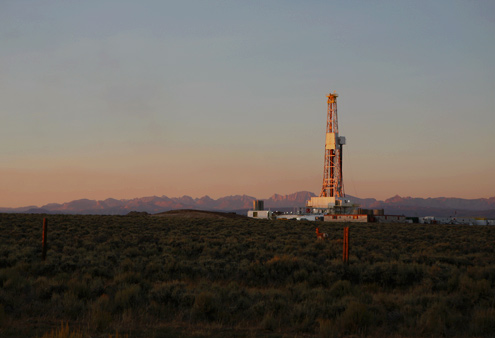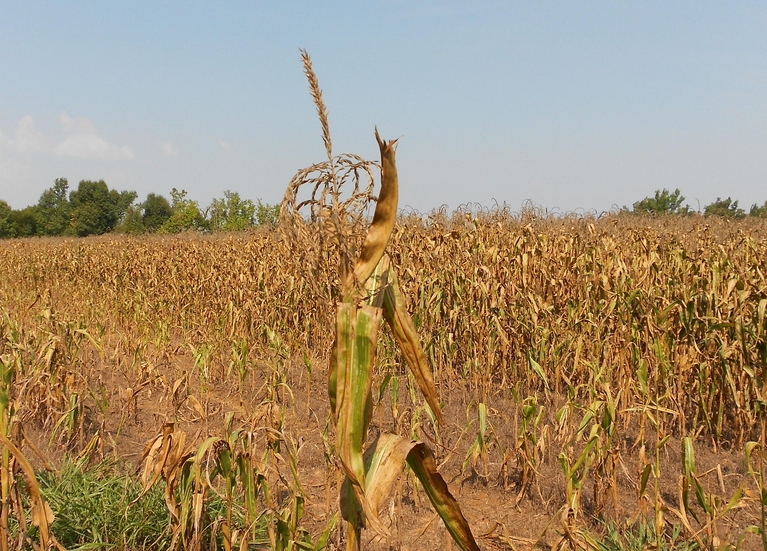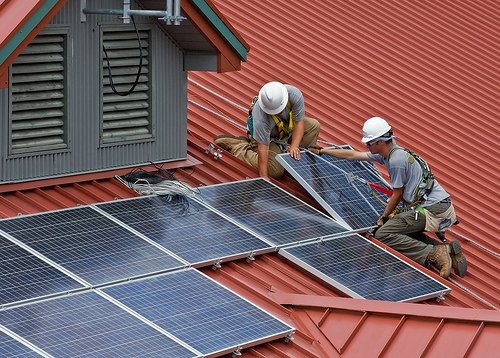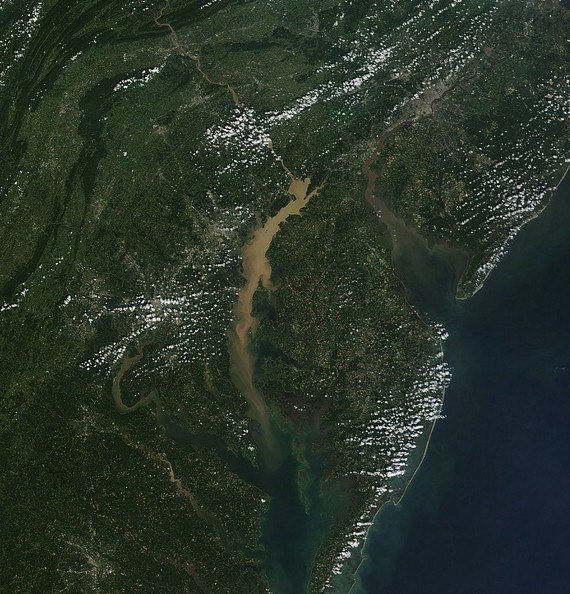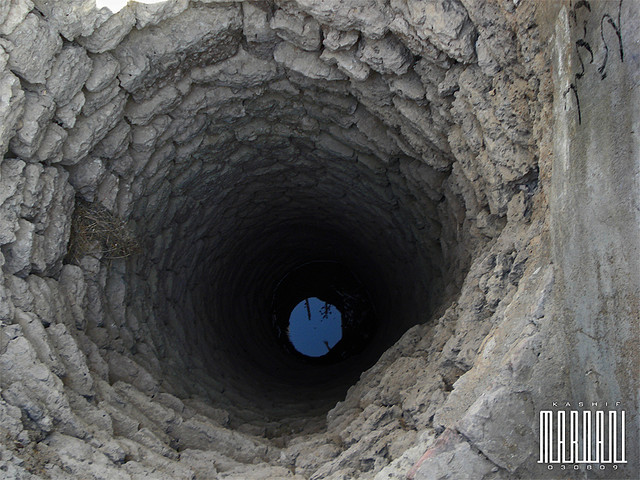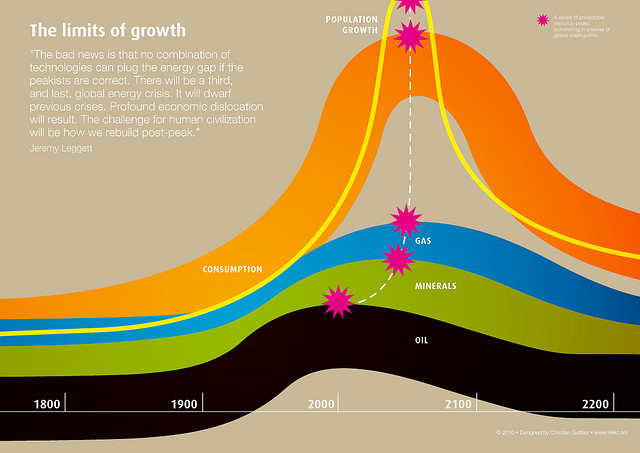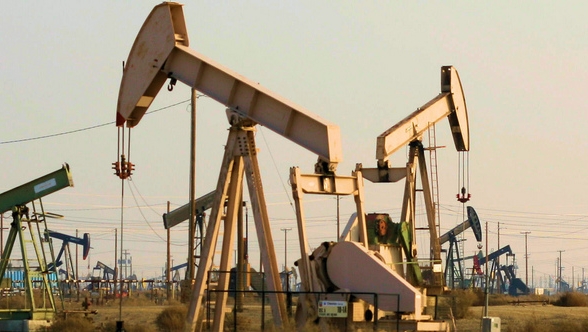Podcast: Play in new window | Download
Subscribe: RSS
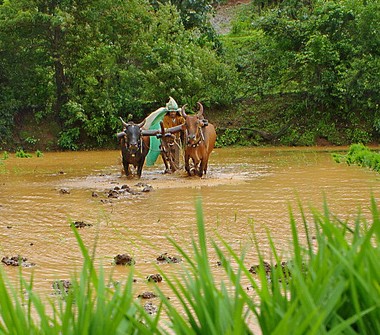
This is how you set world records for growing rice in rural India — no machines, no GM seeds, no chemicals. (Photo by yogendra174/Flickr)
The grotesquely misnamed “Green Revolution” that since the 1960s has been replacing traditional farming around the world with genetically modified, mechanized, chemical-intensive, debt-ridden industrial agriculture has worked so well in India that a quarter of a million farmers there have committed suicide in 16 years. The Center for Human Rights and Global Justice calls it “the largest wave of recorded suicides in human history.” Now a group of small-plot farmers in Northeast India has rejected every tenet of modern industrial agriculture, and has stunned the world with unprecedented yields. Continue reading
